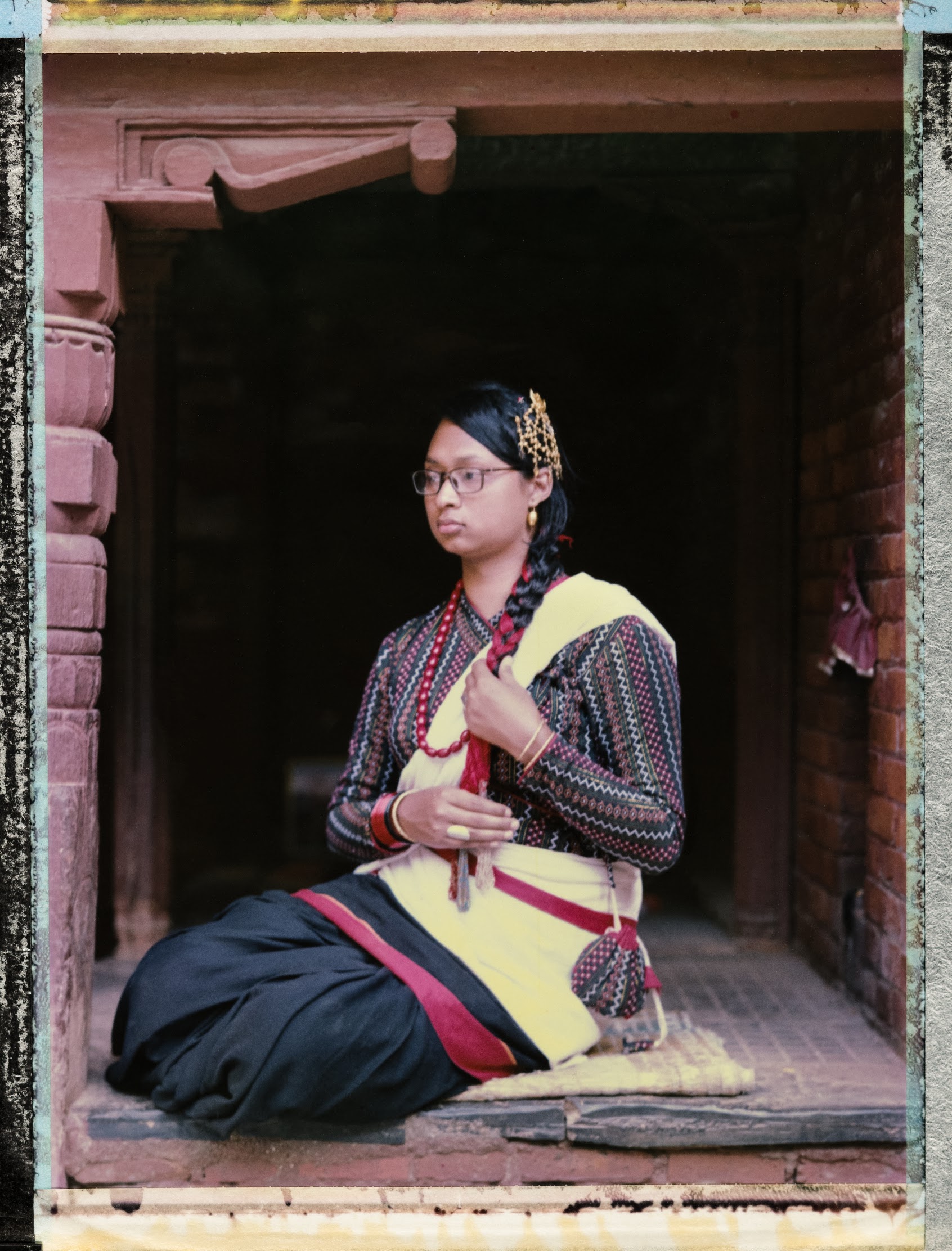Rukshana Kapali / Nepal
“The challenges I faced as a trans woman plays its role to shape that I am today. The journey I have came through 19 years of my life life has made me strong enough to stand in what I m today. Every experience I’ ve made past has shaped what I am today. Every experience I ve made in present will shape how I will be in future.
I believe that for me difficult moments are not just to feel bad but what matters how strongly I am able to stand.
It has been five years I came out as transgender woman and no tit is not easy. It isn’t busy but I believe if I don’t take up this, things will never change.”




